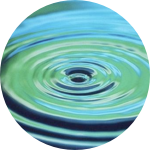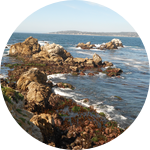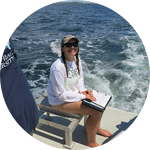About This Project
Shark microbiomes, the partial or collective genes from the microbial communities, remain under characterized in the field of animal genomics. Characterizing the microbiome of various shark species will allow identification of the most important microbial "symbionts", which are an animal's normal flora. Four anatomical areas of each individual shark will be sampled for microbial analysis to determine community composition: Skin, mouth, gills, and cloaca.
Ask the Scientists
Join The DiscussionWhat is the context of this research?
This research is made possible by the shark tracking program at Guy Harvey Research Institute, which allows me to go on their tagging trips to collect data. There have been previous studies which have cultured bacteria from shark teeth, but none have taken the approach of sequencing the microbiome to the best of my knowledge. Cultured species stem from the Blacktip shark (Unger et al., 2014), White shark (Buck et al., 1984), Bull shark, and Tiger shark. Although culturing techniques gave some insight as to what bacteria are being hosted by sharks, the majority of all bacteria and archaea are currently unculturable, meaning that the current studies are likely incomplete profiles (Vartoukian et al., 2010).
What is the significance of this project?
Shark microbiome research is an area which is still in its infancy, with no standard of data collection or analysis completely set in place. Most of the studies which have been done on the microbial communities of sharks do not focus on the overall microbiome of the individual, but only one or two specific areas. These studies also only examine the cultured bacteria from the samples, which is not entirely informative of the overall microbiome composition. My study intends to examine the microbiome of sharks in a more comprehensive manner which would include more sample locations per individual (skin, teeth, cloaca, and gills) in order to determine if unique bacteria exist when compared to the water in which the individual exists, and the bait used to catch them.
What are the goals of the project?
The main research goals of this project include evaluating the microbial community differences between species of sharks to determine if there are microbiota which are unique to shark teeth (or other potentially interesting areas- fins, gills, cloaca) as compared to the surrounding water and bait. Secondly, I will examine community differences of each species to determine if geographical location has a significant effect on the microbiome of an individual.
With the results gathered from my research, as funded by backers, I intend to go on to present my findings in both poster and powerpoint/lecture form at conferences, publish at least one manuscript, and write my final thesis paper which will allow me to achieve my masters degree upon approval.
Budget
These materials will allow us to collect and process samples that will then be analyzed to determine what bacteria are found in the selected areas on the shark. The cost of the charter boat and bait are already funded by my collaborative lab.
The swabs I use to collect samples are from Henry Schein, and we have some in the lab already, but need to reimburse for a box used from another project's supply. The extraction kit I will be using for DNA extraction is the MoBio Biostic kit, as we have found that it gives a high yield of DNA from swab samples.Extraction kits are critical because they take the raw sample and extract just the DNA we need, in order to amplify that DNA and prepare it to be sequenced.
MiSeq DNA sequencing (high fidelity Taq DNA polymerase, Ampure magnetic PCR purification beads, lab consummables, Qubit DNA flouremetry reagents) allows for analysis of microbial composition.
Endorsed by
Meet the Team
Team Bio
I, along with Dr. Derek Burkholder, go on shark tagging trips and work closely with Dr. Jose Lopez, Dr. Mahmood Shivji, and Dr. Cole Easson to make this project possible.
Rachael Karns
I have been in love with sharks for as long as I can remember and always longed to work towards understanding and conserving them. Since I was a little girl, I always strove to be near the ocean. Living and studying inland made me desire to study it even more. The ocean is the last large mystery to me, as most of what we know about it only scratches the surface. I immediately became intrigued with sharks once I realized how misrepresented they were to the public, and I began to study the science behind sharks and cancer. My mother passed away from cancer at a young age, so it seemed like a good place to start. Once I realized that there was no conclusive scientific evidence behind shark cartilage alleviating or curing cancer, I decided to dig deeper and to understand these creatures. I immediately fell in love with them, knowing that most people have no clue of the implications that sharks have on the overall health of the ocean, and by proxy, the planet. In my higher education career, I discovered my love for microbiology, and decided to combine the two in order to more fully understand how sharks function and thrive in the ocean, in order to improve the conservation of shark species around the globe.
Additional Information
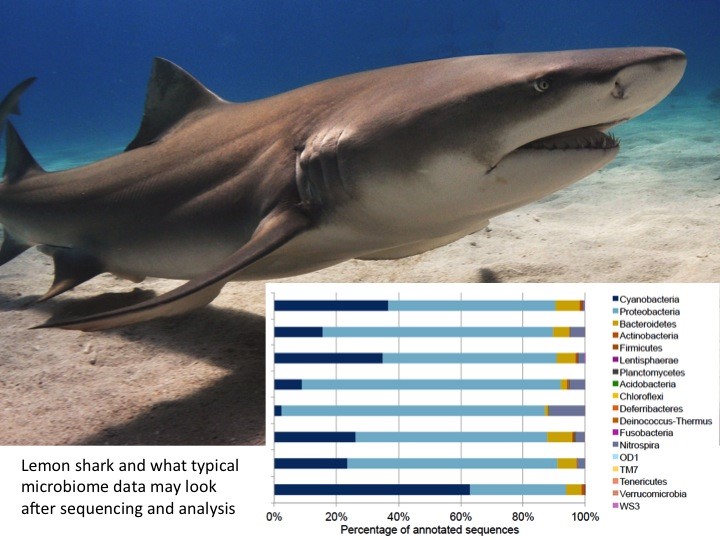
Rewards for Supporters:
TIER 1 ($25): Supporter will be publicly thanked on social media and will receive an email with a thank you letter and digital photograph from one of the trips (If email address is provided)
TIER 2 ($50): Supporters will receive all lower tier rewards as well as a print of a photograph of a shark from a trip (similar to that shown below) and a handwritten letter.
TIER 3 ($100): Supporters will receive all lower tier rewards as well as a hand painted original ocean themed water color similar to this:
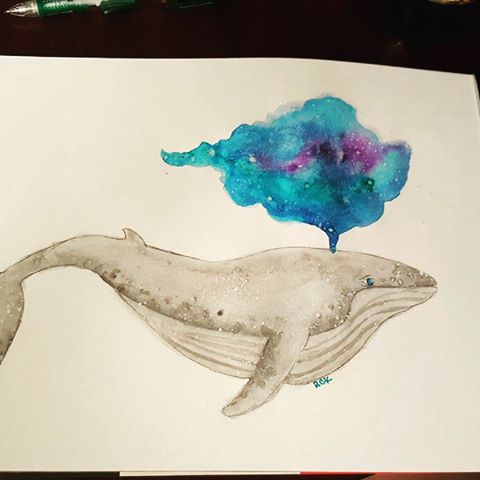
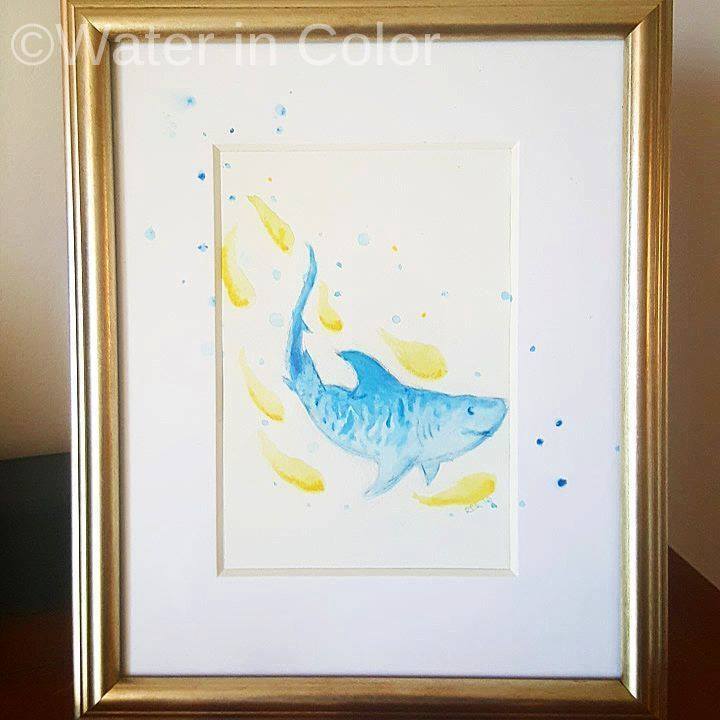
TIER 4 ($150): Supporters will receive all lower tier rewards as well as a hand made hammerhead inspired necklace (Limited to 4 Backers) [Tier Donated by Heather Giordanella]:
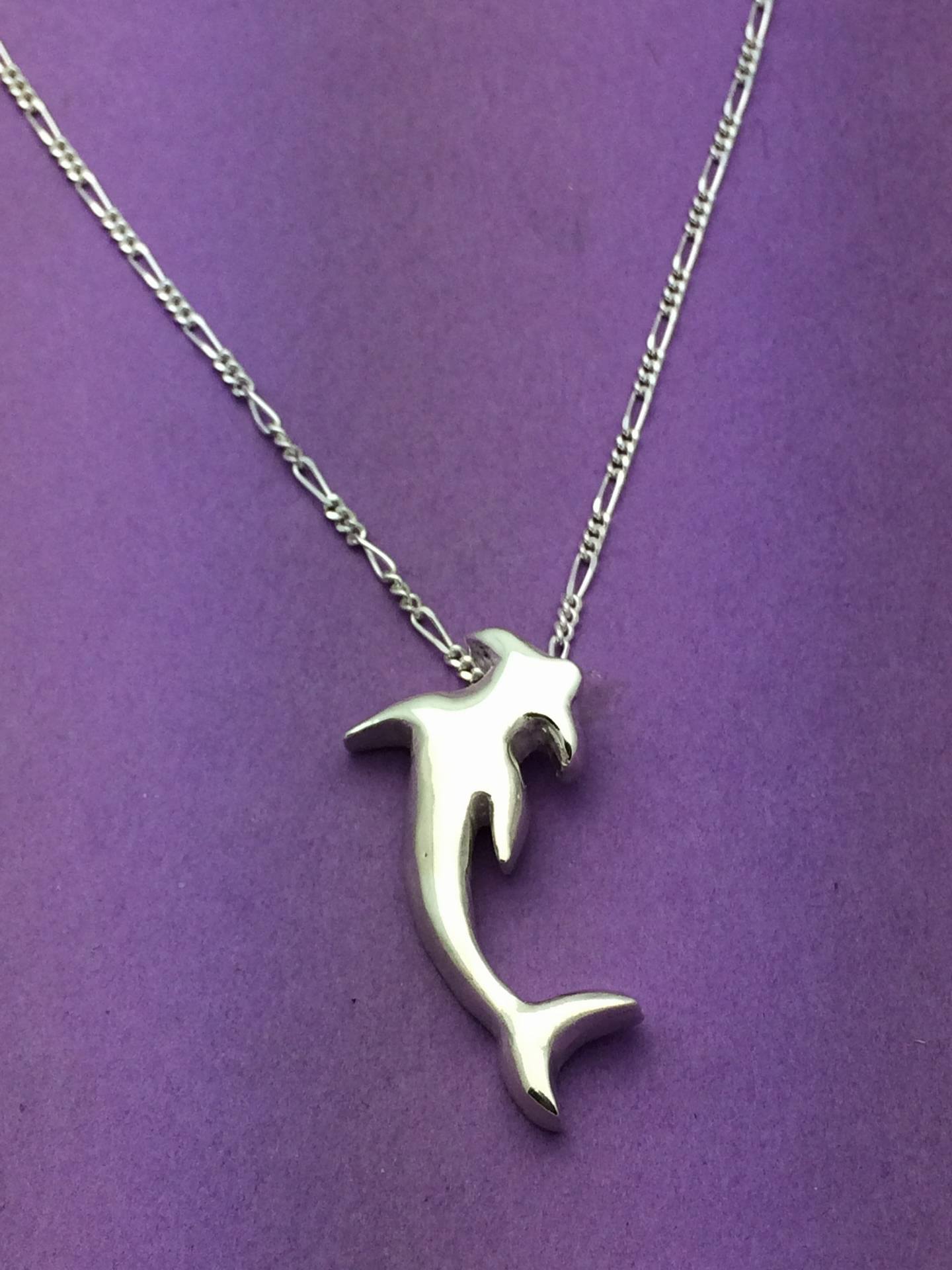
TIER 5 ($250): Supporters will receive all lower tier rewards as well as being mentioned as a supporter in the acknowledgements section of publications as a supporter.
TIER 6 ($500): Supporters will receive all lower tier rewards as well as a TRIP FOR 2 on one of our shark tagging and sampling expeditions based out of Pompano Dive Center. (Limited to 4 backers). [Tier Donated by Derek Burkholder.]
Project Backers
- 38Backers
- 104%Funded
- $3,125Total Donations
- $82.24Average Donation
